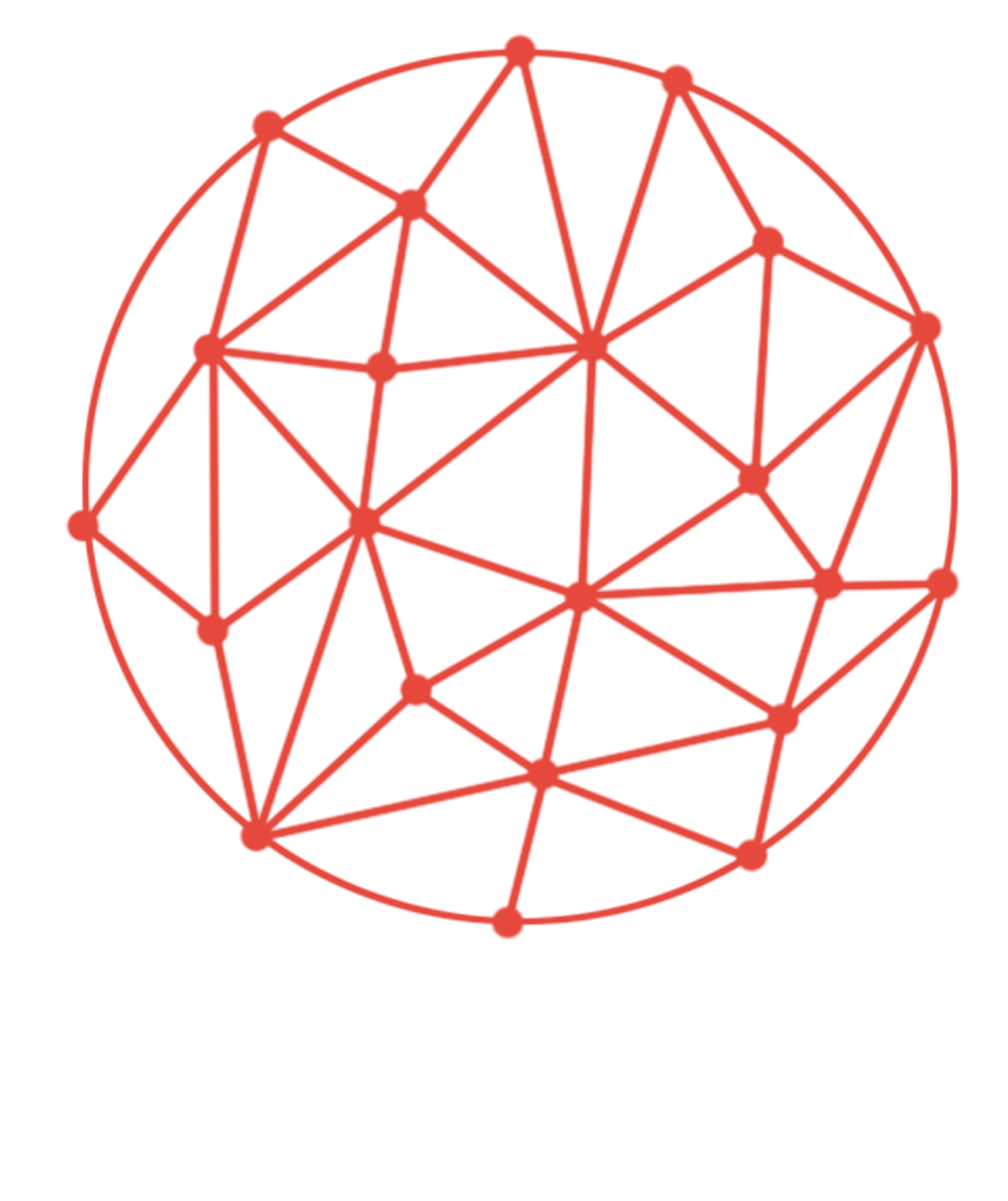Call for Workshops and Tutorials
The 13th ACM Web Science Conference (WebSci21) is soliciting proposals for workshops and tutorials addressing the way Web Science research can illuminate key contemporary issues and global challenges. Workshops should reflect the multidisciplinary nature of Web Science. The tutorials could cover a wide variety of Web Science approaches and methods, including but not limited to techniques for data collection, processing, and analysis, as well as substantive interpretation, best practices, and ethics. Examples of potential WebSci workshop areas include but are not limited to:
● Misinformation and propaganda on the Web
● Online health and wellness (especially concerning the COVID-19 pandemic)
● The interplay between AI and the Web
● Using Web Science for social good
● Collective intelligence, crowdsourcing
● Bias on the Web
● Data ethics and algorithmic accountability
● Digital inequalities: access, quality, and participation
● Information privacy and cybersecurity
● Learning and education on the Web
● Social connections and social influence on the Web
● Internet politics and political participation
● The evolution of social media services
● The future of the Web
● Cybercrime and safety
● Digital Humanitarianism
● ICT for development
● Climate Change and digital carbon footprints
● Paid and unpaid work, the gig economy
● Ageing and generations (different practices and attitudes towards the Web)
● Global south and globalisation
● Gender and sexualities (the Web as safe/unsafe space, space for mobilisation)
Organisers are responsible for advertising accepted workshops and tutorials, recruiting participants, and managing the review process if paper submissions are invited. Successful proposals should also put together a web page describing the event and distributing any preliminary materials.
This year we welcome workshops and tutorials in different languages. We will accommodate the accepted workshops and tutorials to be held in time zones amenable to the organisers and their target audience.
Proposal Format
Proposals can be up to 3 pages long and should include the following information:
● Workshop/tutorial title
● Workshop/tutorial summary (1-2 paragraphs)
● Workshop/tutorial description, including the motivation and goals of the proposal and its relevance to the field of Web Science.
● Workshop/tutorial schedule and activities, including the format, proposed activities (panels, sessions, interactive exercises, etc.), and invited speakers or panelists.
● Workshop/tutorial organiser information, including names, affiliations, emails, and personal websites. Please indicate who would be the primary contact person for the submission.
● Please indicate if the workshop has been run in the past.
● Target audience and audience size: the expected number and type of attendees and any information about the required skills or tools with which participants need to be familiar.
● The primary language(s) of the workshop/tutorial (i.e., English, Chinese)
● The desired time zone for the workshop/tutorial
● Special requirements or equipment, if any.
Proposal Submissions
Proposals must be submitted to EasyChair by February 28, 2021 March 7, 2021.
Acceptance Criteria
Workshop and tutorial proposals will be evaluated based on their academic rigour, timeliness, originality, potential to address important questions and attract large multidisciplinary audiences. Relevance to the field of Web Science is also a prerequisite for all submissions. Workshop and tutorial notifications will be sent by March 7, 2021 March 14, 2021. If inviting peer-reviewed workshop papers, workshop organisers are requested to have the paper submission deadline in their workshops to be no later than April 16, 2021 April 23, 2021.
Proceedings
Workshop organisers are free to publish workshop proceedings. WebSci21 offers the possibility to include workshop papers as a companion collection of the ACM WebSci21 proceedings. In this case, workshop schedules must be aligned with the schedule for the publication of the overall proceedings, i.e., camera-ready papers need to be submitted to us by May 17, 2021 May 21, 2021. This is a strict deadline, and we will not be able to include any papers not received by this date.
Workshop Chairs
● Ana Freire
● Jar-Der Luo
● Oshani Seneviratne
● Vivek Singh
Contact
Important Dates
Feb. 28, 2021 March 7, 2021 Workshop and Tutorial Proposal submission deadline
March 7, 2021 March 14, 2021 Notifications
April 16, 2021 April 23, 2021 Workshop paper submission deadline
May 17, 2021 Camera-ready deadline for the Proceedings
May 21, 2021 Camera-ready deadline for the Proceedings (extended)
All submission deadlines are midnight in the Anywhere on Earth (AoE) time zone.
